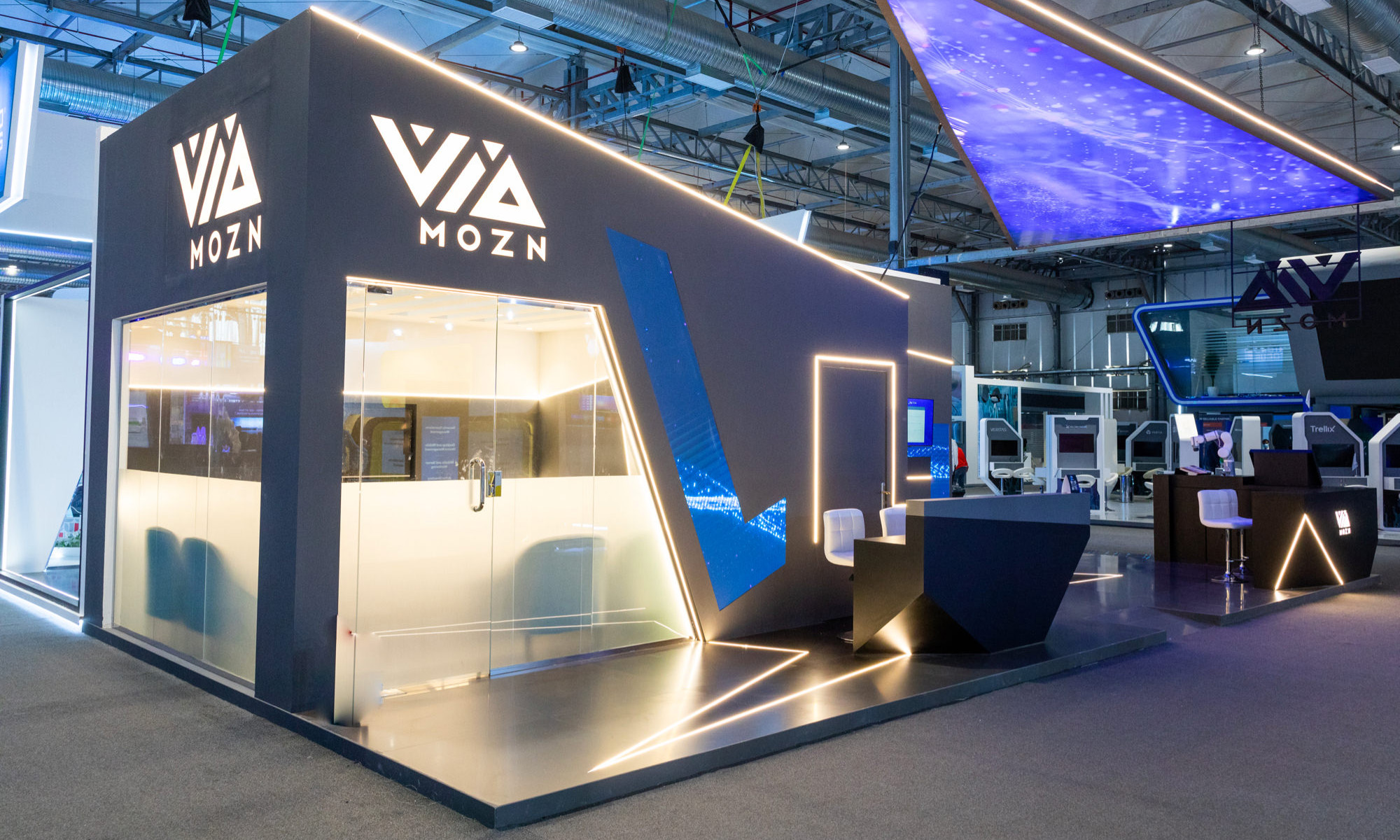News
Saudi-Based Mozn Uses AI To Detect Money Laundering & Fraud
The company combats a wide range of financial crimes using pattern recognition and advanced algorithms.

Saudi Arabia’s Mozn, an AI platform founded by Dr. Mohammed Alhussein, uses advanced artificial intelligence algorithms to detect and prevent financial crimes and increase compliance.
The company’s advanced platform is known as FOCAL. It can sift through masses of financial data using pattern recognition and other advanced techniques to spot fraud and money laundering in real time.
Dr. Alhussein developed the FOCAL platform by studying anti-money-laundering and anti-terrorism legislation and compliance and quickly realized that traditional (often manual) checks and safeguards were too slow to act.
Mozn’s AI technology uses name-matching algorithms uniquely optimized for the Arabic language and reconciles its findings against 1,300 international and regional sanctions. Meanwhile, the system’s anti-fraud functionality detects suspicious patterns by confirming payee identities against the records of destination accounts — a process that is said to reduce investigation times by up to 95%.
Also Read: A Guide To Digital Payment Methods In The Middle East
Although the platform was launched in Saudi Arabia, CEO Dr. Mohammed Alhussein recently announced plans to expand into the UAE, noting that the company’s long-term goal would be to develop operations further across the GCC. “The UAE has been making significant strides in enhancing its AML compliance and combating financial fraud, and Mozn entering UAE market will help accelerate these efforts,” Alhussein stated in a press release. “We are excited to begin this next chapter in Mozn’s growth journey as we enter the broader GCC market through our UAE office”.
News
Alienware Just Announced Six New Gaming Monitors
The new models include three QD-OLED and three budget-friendly QHD options, expanding the company’s lineup for all gamers.

Alienware has just updated its gaming monitor lineup with six new additions, including the highly anticipated Alienware 27 4K QD-OLED Monitor. The latest wave of releases is set to reach more gamers than ever, offering high-end QD-OLED displays alongside more budget-friendly options.
The latest displays clearly show that the company is doubling down on QD-OLED with three new models sporting the technology. A redesigned Alienware 34 Ultra-Wide QD-OLED Monitor is also making a return, further refining what is already a fan-favorite display.
A Unified Design: The AW30 Aesthetic
All six monitors feature Alienware’s new AW30 design language, first introduced at CES. The AW30 aesthetic brings a futuristic, minimalist look that unites the entire lineup under a cohesive visual identity.
Pushing QD-OLED Even Further
The refreshed Alienware 34 Ultra-Wide QD-OLED Monitor (AW3425DW) builds on its predecessor’s success with a 240Hz refresh rate (up from 175Hz) and HDMI 2.1 FRL support. It also gains G-SYNC Compatible certification alongside AMD FreeSync Premium Pro and VESA AdaptiveSync, ensuring ultra-smooth performance. With a WQHD (3440×1440) resolution and an 1800R curve, this display enhances immersion for both gaming and cinematic experiences.
For those who crave speed, the Alienware 27 280Hz QD-OLED Monitor (AW2725D) pairs a high refresh rate with QHD resolution, balancing sharp visuals with ultra-smooth gameplay. Meanwhile, the Alienware 27 4K QD-OLED Monitor (AW2725Q) delivers stunning clarity with an industry-leading pixel density of 166 PPI, making it the sharpest OLED or QD-OLED monitor available.
Also Read: Infinite Reality Acquires Napster In $207 Million Deal
Worried about OLED burn-in? Alienware’s entire QD-OLED lineup comes with a three-year limited warranty covering burn-in concerns, offering peace of mind for gamers investing in these high-end displays.
Bringing QHD To A Wider Audience
Alongside QD-OLED, Alienware is also releasing three new QHD gaming monitors aimed at more price-conscious gamers. The Alienware 34 Gaming Monitor (AW3425DWM), Alienware 32 Gaming Monitor (AW3225DM), and Alienware 27 Gaming Monitor (AW2725DM) provide a range of sizes and formats to suit different preferences:
- The Alienware 34 Gaming Monitor (AW3425DWM): An ultrawide (WQHD) option for a panoramic, immersive experience.
- The Alienware 32 Gaming Monitor (AW3225DM): A standard 16:9 panel for a traditional but expansive desktop setup.
- The Alienware 27 Gaming Monitor (AW2725DM): A 27” display offering the same performance in a more compact form factor.
All three gaming monitors feature a fast 180 Hz refresh rate, a 1ms gray-to-gray response time, and support for NVIDIA G-SYNC, AMD FreeSync, and VESA AdaptiveSync to eliminate screen tearing. Additionally, with 95% DCI-P3 color coverage and VESA DisplayHDR400 certification, these displays deliver vibrant colors and high dynamic range for lifelike visuals.
























